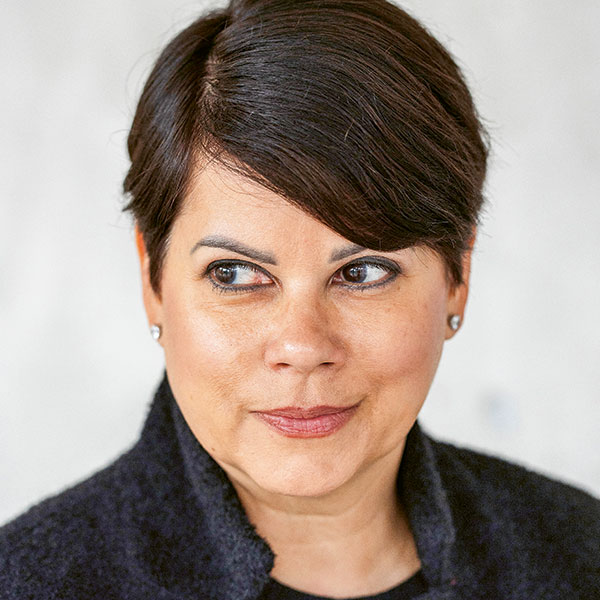Medical ethnology
The business of egg donation
In India, brokers are recruiting egg donors with a cunning strategy: They are dispelling their moral qualms.

An egg donor in New Delhi. Reproductive medicine is a billion-dollar industry, but it can’t thrive without winning the moral argument. | Image: Jonas Gratzer/LightRocket via Getty Images
Since the liberalisation of India’s economy in the 1990s, the number of fertility clinics there has risen drastically, fuelled by the stigma of childlessness and the emergence of a new middle class. Sandra Bärnreuther is an assistant professor of ethnology at the University of Lucerne. She has been analysing the interactions between egg-cell donors and brokers who promise women moral gains from donating to clinics.
Between 2010 and 2017, Bärnreuther carried out a total of 24 months of field research in Delhi, where some 40 clinics are specialised in in-vitro fertilisation. She observed the everyday work of the clinics, held informal conversations and interviews with important participants, and investigated the history of reproductive medicine in India. Her research shows that most egg-cell donors have grown up in precarious circumstances and have migrated to the capital city to find work there. By donating an egg for in-vitro fertilisation, they can often earn as much as a worker would over many months. Nevertheless, many women have moral qualms about it, because donating egg cells in India is associated with sexuality, impurity, and even adultery.
“Brokers assume an important task in mediating these transactions. They consciously create ambiguity in order to stave off moral reservations”, explains Bärnreuther. In doing so, they use specific meanings of the concept ‘dān’, which in Hindi means ‘donation’, and which makes the practice of egg-cell donation seem something commendable. It is also used, for example, when canvassing for volunteer blood donors. The brokers weave this religiously charged moral concept into their conversations and also utilise it in newspaper advertisements. “It is only when brokers complement their financial incentives with a moral incentive that they are able to conclude transactions between donors and clinics”, she says.




